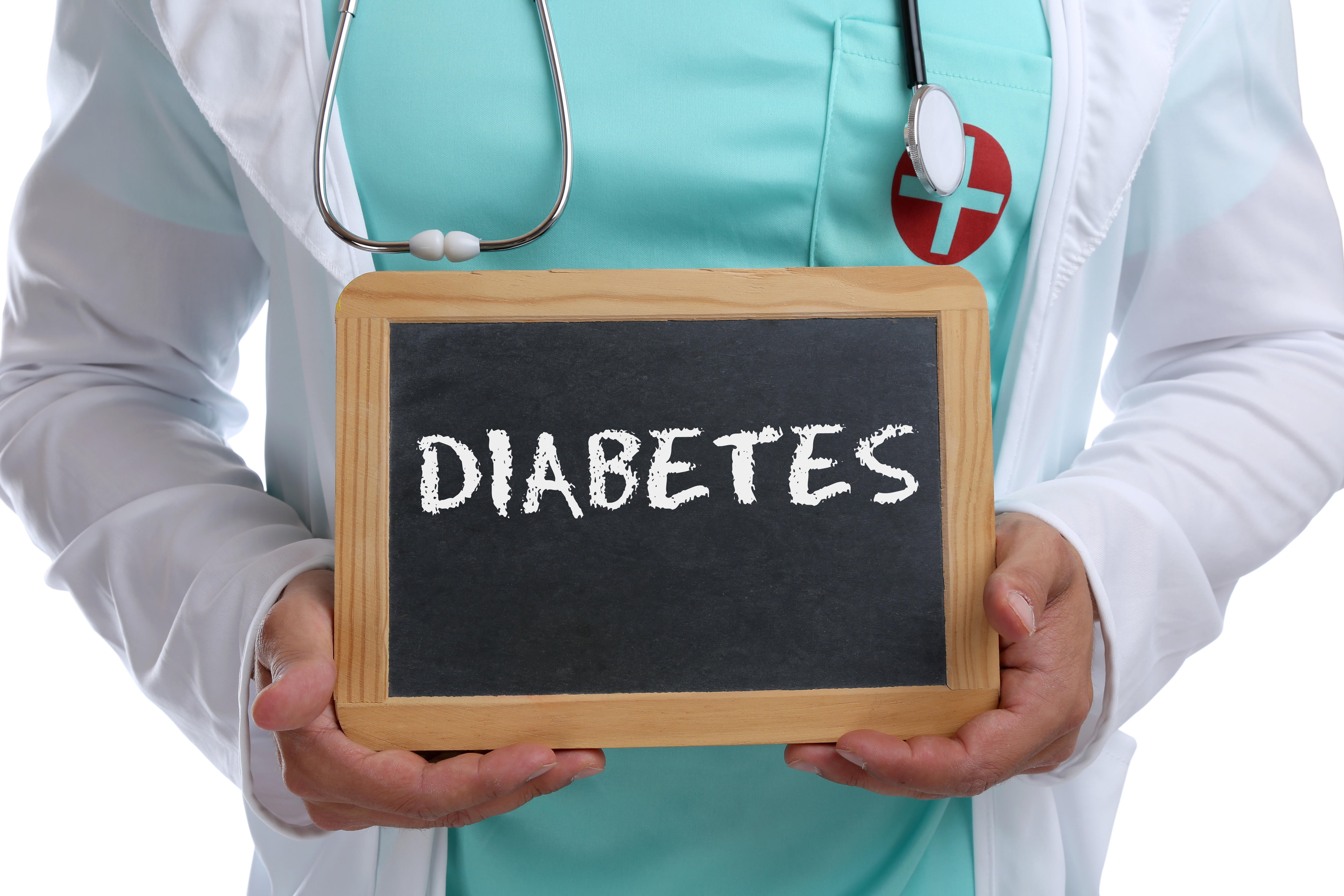Type 2 diabetes rates have doubled – could you be at risk?
It’s estimated 5.5 million people in the UK will have diabetes by 2030, but you can reduce your risk of getting type 2.

Your support helps us to tell the story
From reproductive rights to climate change to Big Tech, The Independent is on the ground when the story is developing. Whether it's investigating the financials of Elon Musk's pro-Trump PAC or producing our latest documentary, 'The A Word', which shines a light on the American women fighting for reproductive rights, we know how important it is to parse out the facts from the messaging.
At such a critical moment in US history, we need reporters on the ground. Your donation allows us to keep sending journalists to speak to both sides of the story.
The Independent is trusted by Americans across the entire political spectrum. And unlike many other quality news outlets, we choose not to lock Americans out of our reporting and analysis with paywalls. We believe quality journalism should be available to everyone, paid for by those who can afford it.
Your support makes all the difference.Diabetes continues to be one of the biggest health issues in the UK – and it’s on the rise.
New figures from Diabetes UK show the number of people with the condition has doubled in the last 15 years – and 90% of all cases are type 2 diabetes.
The research has been released to mark Type 2 Diabetes Prevention Week (May 10-17). This year’s campaign aims to encourage people to educate themselves on the lifestyle and genetic factors that can increase your likelihood of type 2 diabetes.
Unlike type 1 diabetes which is an autoimmune disease that damages the pancreas, type 2 is closely linked with many lifestyle risk factors – and so being aware of these and taking steps to address them is important for everyone.
What exactly is type 2 diabetes?
Type 2 diabetes is a common condition that causes the level of sugar in the blood to become too high. Some of the main symptoms are excessive thirst, needing to pee a lot and feeling tired, but as Dr Elizabeth Rogers, associate clinical director at Bupa Health Clinics, explains, it’s easy to miss the signs.
“Many people may not be aware of the signs or symptoms of type 2 diabetes, others find the symptoms aren’t obvious, or they may have no symptoms at all. This is why it’s really important to know if you’re at higher risk of developing it,” says Rogers.
What are the risk factors for type 2 diabetes?
Some of the main things that can make people more likely to develop type 2 diabetes, as Rogers outlines, include…
Age: “You’re more at risk of developing type 2 diabetes if you’re over 40. This tends to be the case for white people. For people who are African-Caribbean, Black African or South Asian, the risk is higher over the age for 25.”
Weight: “There is a link between being overweight and obese and being at higher risk of type 2 diabetes.”
Family history: “You’re two to six times more likely to develop type 2 diabetes if you have a parent, sibling or child with diabetes.”
High blood pressure: “If you suffer or have suffered with high blood pressure, this puts you at greater risk of developing type 2 diabetes. Your risk also increases if you have too many fats in your blood.”
Polycystic ovary syndrome: “Polycystic Ovary Syndrome (PCOS) is a condition which affects the ovaries. Women who have PCOS have an increased risk of developing type 2 diabetes as it is associated with insulin resistance, meaning there are higher levels of insulin circulating in the blood.”
Smoking: “Smoking is associated with a high risk of type 2 diabetes and also increases risk of other health conditions, including cancer and heart disease.”
Leading a sedentary lifestyle: “For those who lead a more sedentary lifestyle, the risk of type 2 diabetes is higher. This can be where people sit for long periods of time, either working at a desk or driving a vehicle. It’s important to remember that even if you are physically active, you can still lead a sedentary lifestyle. ”
Drinking too much alcohol: “There is a link for those who drink too much alcohol and being at higher risk of type 2 diabetes.”
Rogers adds that regular poor sleep, gestational diabetes (a type of diabetes that effects pregnant women) and eating a poor diet can also play a role.
What next?
Diabetes UK is encouraging people to use their free online Know Your Risk Tool to see if they may be at higher risk. If you’re concerned you may have symptoms of type 2 diabetes, it’s advisable to speak to your GP, who can check your urine and arrange a blood test to check your blood sugar levels. And if you at higher risk and need advice and support on addressing any of the points above (for example, losing weight or stopping smoking), they will be able to help.